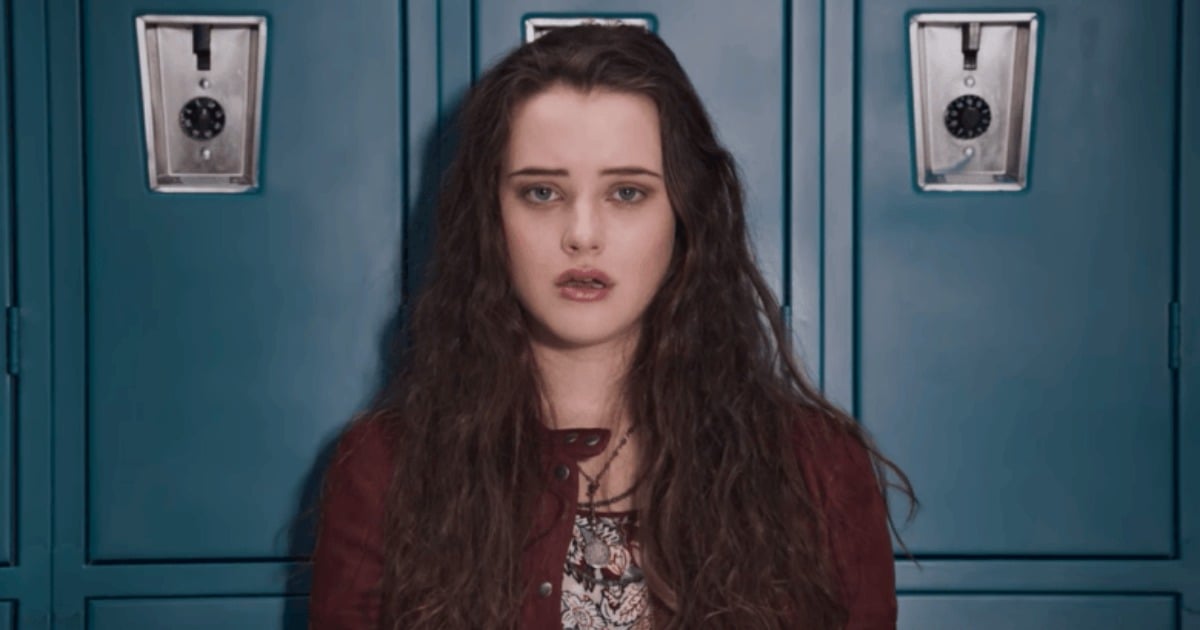There are two levels of conversation in talking to teens about suicide.
One is for when they haven’t been exposed. “Suicide doesn’t need to be mentioned,” Kristen Douglas, the National Manager of HeadSpace School Support, told Mamamia.
“This is about normalising feelings of distress – ‘everyone gets distressed sometimes, and sometimes it can feel like it’s all too much’. It’s a conversation about strategies for help-seeking and allowing them the capacity and room to open up.”
The second level, a completely different conversation, is for when teenagers have been exposed – someone they know has suicided; they’ve been exposed to suicide methodology; or someone they have a ‘perceived relationship’ with, like an actor or a social media friend, has taken their life.
For any teenager who has watched the new Netflix series 13 Reasons Why, the conversation will be at the second level. The exposure level.
“We are encouraging parents not to let young people see this show,” Douglas said. “For those who have seen it, now’s the time for a conversation about how the messaging is harmful and also unrealistic.”
The Headspace School Support program sends counsellors to schools around Australia after the community has been affected by suicide. The organisation has more than 50 counsellors and Douglas says “a lot of staff” are talking about this show and that “it’s doing more harm than good.”
Is 13 Reasons Why Helpful or Dangerous? Post continues below.



